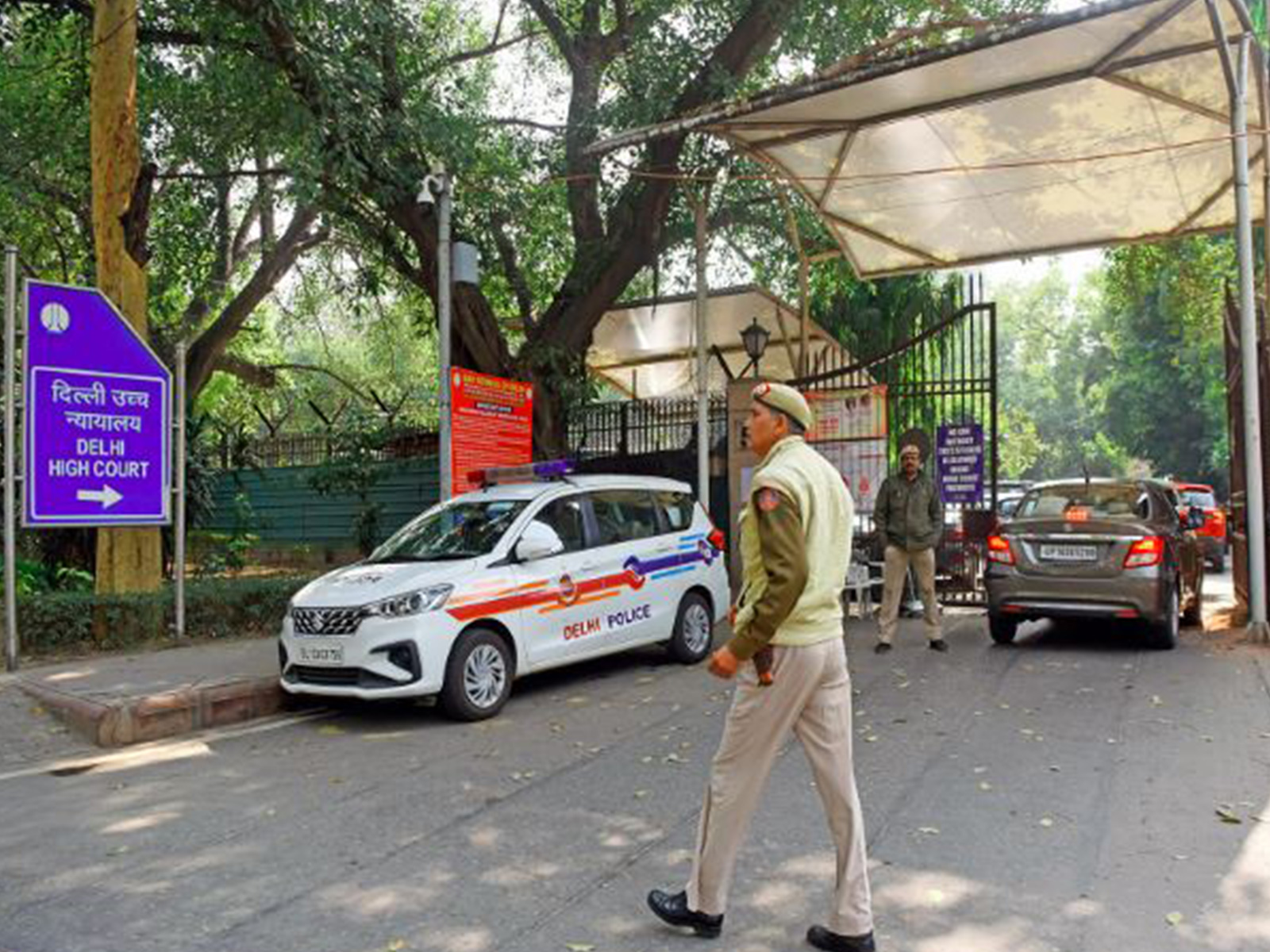Delhi High Court Upholds Property Tax on Three-Star Hotels
The Delhi High Court validated the Municipal Corporation of Delhi's decision to impose higher property tax on three-star and above hotels. It ruled that star ratings provide a rational basis for taxation, countering claims that the levy was arbitrary or violated constitutional rights against those seeking market benefits.

- Country:
- India
The Delhi High Court has affirmed the Municipal Corporation of Delhi's (MCD) decision to levy higher property taxes on hotels classified as three-star and above. The decision refutes claims that the classification system is arbitrary or breaches Article 14 of the Constitution.
Petitioners, including hotel associations, contested the MCD's uniform Use Factor (UF-10) and the maximum 20 percent tax rate. They argued that basing tax on voluntary star ratings lacked statutory support and unfairly affected hotels with similar municipal service use. However, the court endorsed the star-rating system by the Ministry of Tourism, stating it offers a rational basis for differentiation.
The court emphasized that high property taxes on these establishments are justified, given the luxury services they provide and cater to a high economic clientele. It noted that taxation aims to fairly distribute the fiscal load, ensuring contributions align with financial capacity.
The court also upheld the inclusion of non-revenue spaces like basements in property valuation for taxes, rejecting the notion that star accreditation should exempt hotels from higher tax responsibilities. It supported the Municipal Valuation Committee's adherence to statutory guidelines when classifying properties.
The ruling confirmed that classifying hotels by star rating and imposing higher property taxes meet constitutional validity, aligning with the legislative aim of fair revenue distribution.
(With inputs from agencies.)










